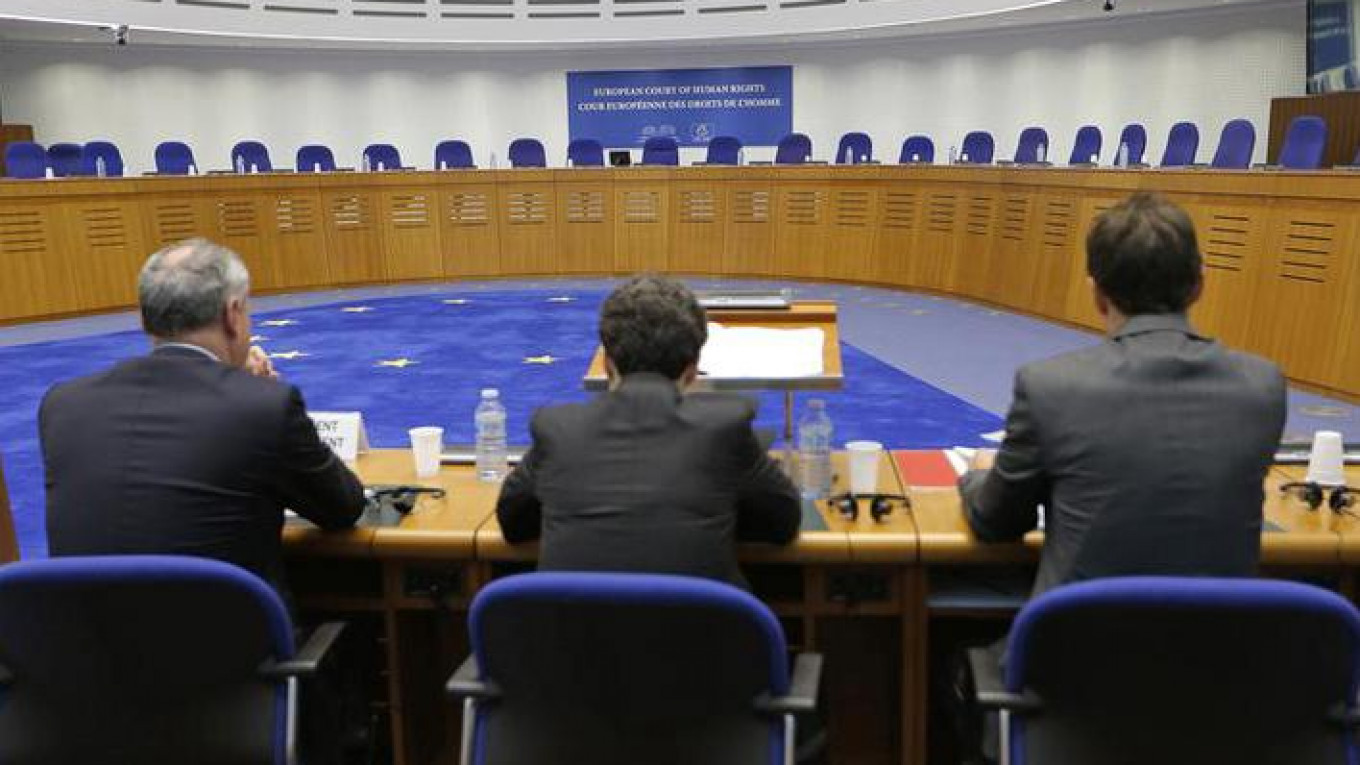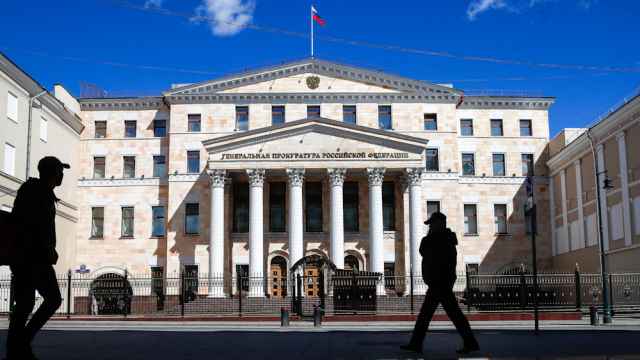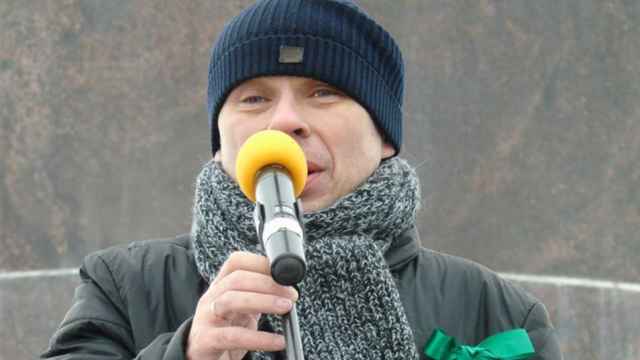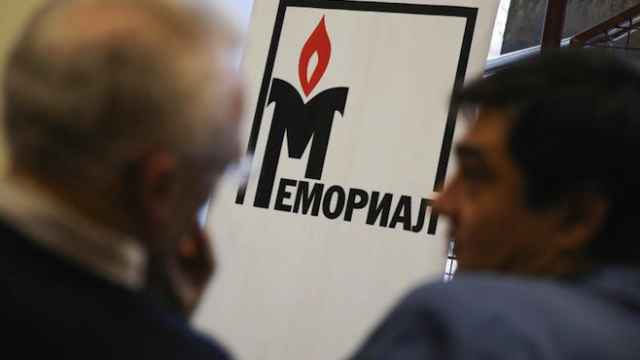The European Court of Human Rights (ECtHR) has started investigating whether Russia's infamous 'foreign agent' law violates human rights.
The court has begun to process cases for 48 Russian non-governmental organizations (NGOs) branded as “foreign agents” by the Kremlin, the Kommersant newspaper reported.
The group — which includes Russia's Regional Press Institute, human rights group Memorial, and the Siberian Ecological Center — claim that the law violates Russians' right to freedom of speech and freedom of assembly.
Another 13 organizations have filed complaints to the ECtHR, but the cases are yet to be formally processed.
Since 2014, Russian legislation has forced NGOs which take part in broadly-defined "political activity" while receiving money from abroad to register as "foreign agents."
The term, which was used in the Soviet era and carries strong, negative connotations, must appear on all literature produced by the organization, as well as on the group's website.
Politician Alexander Sidyakin, the author of Russia's "foreign agent" law, told the Kommersant newspaper that the legislation does not violate human rights. "We are defending our country in whatever way we can," he said.
One hundred Russian NGOs are currently listed as “foreign agents,” according to Justice Ministry data.
A Message from The Moscow Times:
Dear readers,
We are facing unprecedented challenges. Russia's Prosecutor General's Office has designated The Moscow Times as an "undesirable" organization, criminalizing our work and putting our staff at risk of prosecution. This follows our earlier unjust labeling as a "foreign agent."
These actions are direct attempts to silence independent journalism in Russia. The authorities claim our work "discredits the decisions of the Russian leadership." We see things differently: we strive to provide accurate, unbiased reporting on Russia.
We, the journalists of The Moscow Times, refuse to be silenced. But to continue our work, we need your help.
Your support, no matter how small, makes a world of difference. If you can, please support us monthly starting from just $2. It's quick to set up, and every contribution makes a significant impact.
By supporting The Moscow Times, you're defending open, independent journalism in the face of repression. Thank you for standing with us.
Remind me later.






